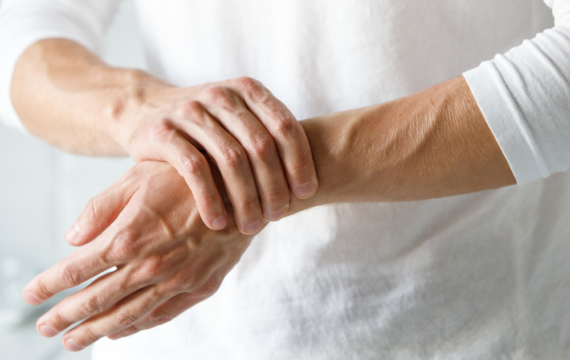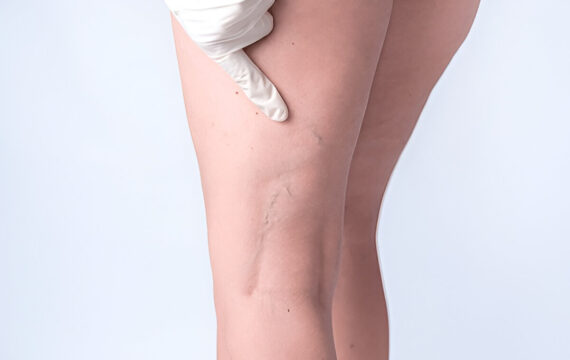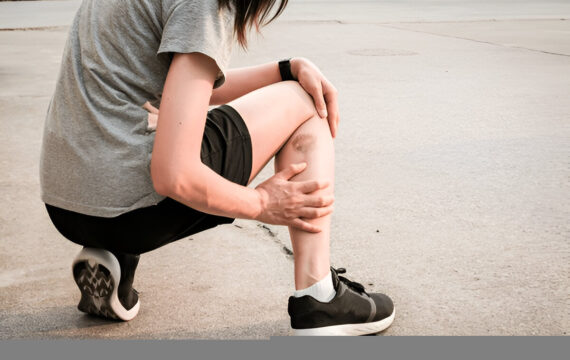In our busy lifestyle, it can be easy to overlook the subtle signs our bodies give us. However, when it comes to your legs, paying attention to those signs can be crucial, especially when it involves your veins. Varicose veins and other venous issues are more than just cosmetic concerns; they can significantly impact your quality of life and overall health. Recognizing when it’s time to consult a top-rated vein specialist can make all the difference in your journey to healthier, pain-free legs.
Understanding the Basics of Vein Health
Veins play a critical role in your circulatory system by returning deoxygenated blood back to your heart. When your veins are functioning properly, tiny valves within them open and close to keep blood flowing in the right direction. However, when these valves weaken or become damaged, blood can pool in your veins, leading to various venous conditions.
Common Venous Conditions
Before diving into the signs that indicate you need a vein specialist, it’s essential to understand some common venous conditions:
- Varicose Veins: Enlarged, twisted veins that are often visible just under the surface of the skin. They commonly occur in the legs and can cause discomfort, swelling, and a heavy feeling.
- Spider Veins: Smaller, red, blue, or purple veins that are also visible under the skin. While typically less painful than varicose veins, they can still cause discomfort.
- Chronic Venous Insufficiency (CVI): A condition where the veins cannot adequately return blood to the heart, leading to swelling, pain, and skin changes.
- Deep Vein Thrombosis (DVT): A serious condition where a blood clot forms in a deep vein, usually in the legs. DVT requires immediate medical attention to prevent complications like pulmonary embolism.
Signs You Need a Vein Specialist
Recognizing the signs that you need to see a vein specialist is crucial for timely intervention and effective treatment. Here are key indicators that it’s time to make an appointment:
Persistent Leg Pain and Swelling
Experiencing constant leg pain and swelling, especially after long periods of standing or sitting, can be a sign of venous insufficiency. While occasional discomfort might not be alarming, persistent symptoms warrant professional evaluation.
Visible Varicose or Spider Veins
The appearance of varicose or spider veins is often the most noticeable sign of venous issues. If these veins are causing discomfort or you’re self-conscious about their appearance, a vein specialist can provide treatment options to improve both aesthetics and symptoms.
Skin Changes
Changes in the skin around your legs and ankles, such as discoloration, thickening, or the development of sores, can indicate advanced venous disease. These changes occur due to prolonged pressure in the veins and require medical attention to prevent further complications.
Leg Heaviness and Fatigue
A feeling of heaviness or fatigue in your legs, especially towards the end of the day, is a common symptom of venous insufficiency. This sensation can affect your mobility and overall quality of life, making it essential to seek specialist care.
Restless Legs Syndrome
Restless legs syndrome (RLS) can sometimes be linked to underlying venous conditions. If you experience an uncontrollable urge to move your legs, particularly at night, consulting a vein specialist might uncover a treatable cause.
Family History of Venous Disorders
A family history of varicose veins or other venous conditions increases your risk of developing similar issues. If venous disorders run in your family, regular check-ups with a vein specialist can help with early detection and management.
The Importance of Early Intervention
Ignoring the signs of venous disease can lead to serious complications. Untreated varicose veins can progress to chronic venous insufficiency, causing significant pain and mobility issues. In severe cases, venous ulcers can form, leading to infections and further health concerns.
Early intervention by a top-rated vein specialist can prevent these complications. Specialists use advanced diagnostic tools and treatment methods to address venous conditions effectively. Treatments range from lifestyle modifications and compression therapy to minimally invasive procedures like sclerotherapy, laser therapy, and endovenous ablation.
Finding a Top-Rated Vein Specialist
When it comes to your health, finding a top-rated vein specialist is crucial. Here are some tips to help you make an informed choice:
- Credentials and Experience: Look for specialists who are board-certified in vascular medicine or surgery with extensive experience in treating venous conditions.
- Patient Reviews: Read reviews and testimonials from previous patients to gauge the quality of care and patient satisfaction.
- Advanced Technology: Ensure the specialist uses the latest diagnostic and treatment technologies for accurate diagnosis and effective treatment.
- Comprehensive Care: Choose a specialist who offers a comprehensive approach, including prevention, diagnosis, treatment, and follow-up care.
Conclusion
Your legs carry you through your daily life, and keeping them healthy is essential for your overall well-being. Recognizing the signs that indicate you need a top-rated vein specialist can help you address venous issues early, preventing complications and improving your quality of life. If you’re experiencing any of the symptoms mentioned, don’t hesitate to seek professional help. Contact a vein specialist today and take the first step towards healthier, pain-free legs.




